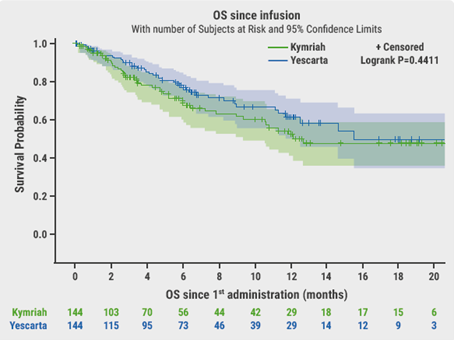TRIUMPH (Triple Pill vs Usual Care Management for Patients With Mild-to-Moderate Hypertension) was an open-label randomized clinical trial of low-dose triple BP therapy versus usual care conducted in urban hospital clinics in Sri Lanka.
Participants were randomized to once-daily fixed-dose triple combination pill (telmisartan 20 mg, amlodipine 2.5 mg, and chlorthalidone 12.5 mg) therapy versus usual care, and followed for 24 weeks.
"To date, BP guidelines and clinical practice have only focused on BP targets based on one-off measurements at a single time point, without consideration of the proportion of time that people are at target BP," Dr. Sonali Gnanenthiran of the University of New South Wales in Australia told Reuters Health by email.
"However, single BP measures taken a few days or weeks apart are subject to poor reliability since they vary considerably by time of day and season," she said. "This led to the development of a new outcome - time at target - which is the percentage of time spent at desired BP."
"Time at target...can improve upon current cross-sectional measures by being less susceptible to variability, and providing more reliable and consistent measurements," she added. "Treatment effects were larger than those suggested by the main trial primary outcome at 24 weeks, as time at target captured the benefits of both reduced time to BP control and more sustained BP control with low-dose triple therapy."
As reported in JAMA Cardiology, Dr. Gnanenthiran and colleagues analyzed data from 700 patients (mean age, 56; 58%, women) enrolled in TRIUMPH. Adults with hypertension (systolic BP >140 mm Hg and/or diastolic BP >90 mm Hg) or those with diabetes or chronic kidney disease and systolic BP >130 mm Hg and/or diastolic BP >80 mm Hg requiring initiation or escalation of antihypertensive therapy were included.
Those in the triple pill group had more time at target BP compared with those receiving usual care during follow-up (64% vs. 43%; risk difference, 21%). Specifically, almost twice as many patients on the triple pill achieved more than 50% time at target during follow-up (64% vs. 37%), with most patients achieving more than 50% time at target by 12 weeks.
Those receiving the triple pill achieved a consistently higher time at target at all follow-up periods compared with those receiving usual care: mean, 0-6 weeks, 36.3% vs. 21.7%; 6-12 weeks, 5.2% vs. 33.7%; 12-24 weeks, 66.0% vs. 43.5%.
Dr. Ragavendra Baliga, a specialist in cardiovascular disease and advanced heart failure at The Ohio State University Wexner Medical Center in Columbus called the study "important."
However, he told Reuters Health by email, "The concern with having more meds on board is that the patient is exposed to the side effects of more drugs at any given time."
"This is a hypothesis-generating study, particularly given that it utilizes a new trial endpoint - i.e., 'time at target,'" he added. "I certainly would like additional studies to confirm that 'time to target' is associated with reduced cardiovascular events."
Nonetheless, he said, "Low-dose triple pill therapy may be an option in patients who cannot tolerate high doses of one or two medications because of side-effects," Dr. Baliga concluded.
SOURCE: https://bit.ly/3xANGxx JAMA Cardiology, online April 13, 2022.
By Marilynn Larkin
Posted on
Previous Article
« ELCC 2022 Highlights Podcast Next Article
AAN 2022 Highlights Podcast »
« ELCC 2022 Highlights Podcast Next Article
AAN 2022 Highlights Podcast »
© 2024 Medicom Medical Publishers. All rights reserved. Terms and Conditions | Privacy Policy


